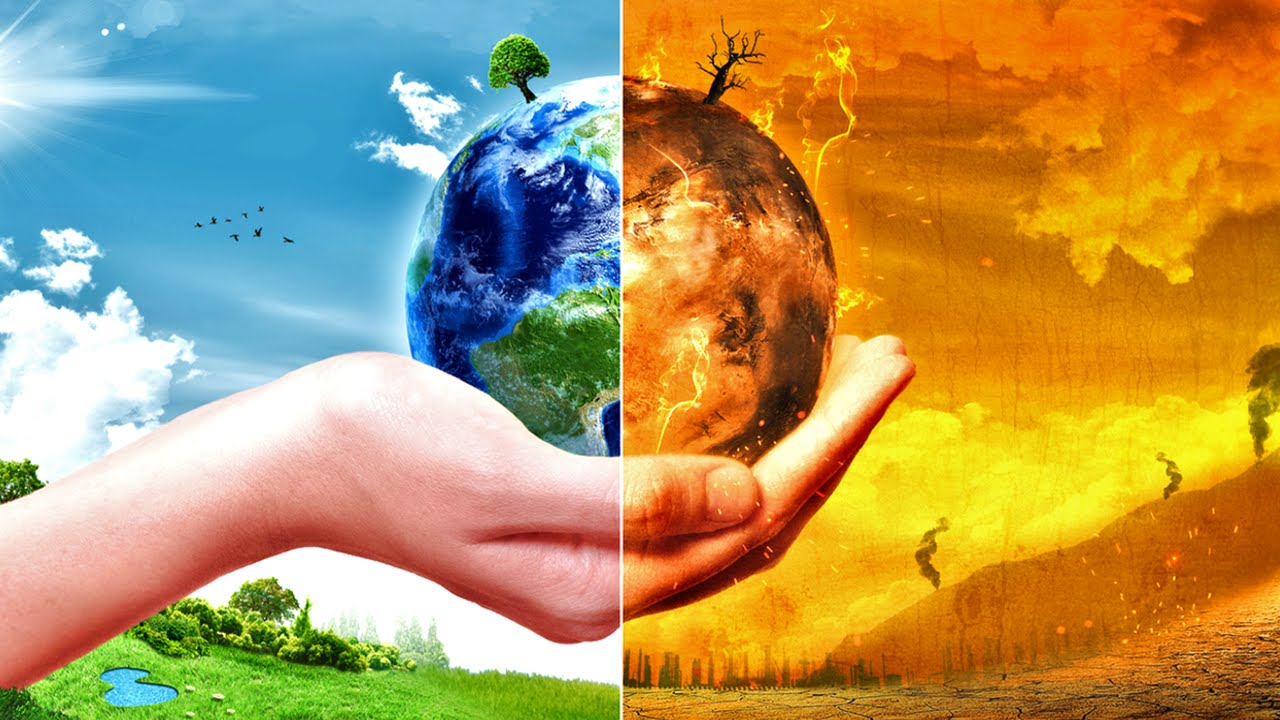Kyoto Protocol Day 2024 (US): The 16th of February is observed as Kyoto Protocol Day, during which governments worldwide reaffirm their dedication to mitigating environmental contamination in the course of their industrial and commercial operations. Both developed and developing nations reassess their advancements, while ordinary citizens demand that their respective governments be held responsible. The overarching objective of this day is to steadily advance the construction of a healthy and sustainable environment that benefits all human communities on the planet.
The History of Kyoto Protocol Day
The Kyoto Protocol is a global accord established to reduce the release of greenhouse gases and other noxious pollutants that contribute to global warming. More than 190 nations have ratified the Kyoto Protocol, which includes the European Union. At the outset, the Kyoto Protocol also included the United States and Canada; however, both nations withdrew from the accord in 2001 and 2011, respectively.
Global warming is caused by greenhouse gases, including carbon dioxide, methane, nitrous oxide, perfluorocarbons, hydrofluorocarbons, and sulfur hexafluoride. These gases contribute to an increase in the average global temperature. One environmental treaty that was established in 1992 prior to the implementation of the Kyoto Protocol was the United Nations Framework Convention on Climate Change (UNFCCC). Furthermore, the Kyoto Protocol was ultimately ratified in 1997.
55 countries initially ratified the treaty, which entered into force in 2008. A commitment was made by over thirty industrialized nations to reduce their greenhouse gas emissions by a maximum of 5 percent relative to their 1990 baseline levels. The primary focus of the agreement was on developing nations; however, a considerable proportion of developing countries were excluded from the treaty.
During the 18th annual session of the Conference of the Parties (COP), which took place in Doha, Qatar, all member nations unanimously reached a decision to extend the Kyoto Protocol beyond its 2012 expiration date. The member nations initiated a comparable agreement to regulate carbon emissions and extended the Kyoto Protocol until 2020. The agreement was slated to enter into force subsequent to the Kyoto Protocol’s expiration in 2020, with a scheduled introduction in 2015.
Get a Different Name Day 2024 (US): Activities, FAQs, Dates, and History
Fasnacht Day 2024: History, FAQs, Dates, Activities, and Facts About Fasnacht
Galentine Day 2024 (US): Activities, History, FAQs, and Dates
FAQs for Kyoto Protocol Day 2024 (US)
What is the Kyoto Protocol’s primary objective?
The primary objective of the Kyoto Protocol is to regulate global warming through the imposition of carbon dioxide emission limits on industrialized nations.
What does the Kyoto Protocol entail?
Established in 1997, the Kyoto Protocol is a global environmental accord designed to mitigate the release of greenhouse gases and regulate the phenomenon of global warming.
When does the Kyoto Protocol come into effect?
Originally scheduled to terminate in December 2012, the Kyoto Protocol’s validity was prolonged until 2020 during the 18th annual session of the Conference of the Parties (COP).
Kyoto Protocol Day 2024 (US) Activities
Organize a community-wide recycling initiative.
Recycling contributes to the reduction of greenhouse gas emissions through the mitigation of energy consumption. The utilization of recycled materials in the manufacturing process results in reduced consumption of primary materials. This contributes to the reduction of greenhouse gas emissions caused by the mining or extraction of virgin materials. Recyclable materials include glass, metals, paper, and plastics; therefore, it is essential to collect these items for processing.
Protect biodiversity
Drought, storms, and rising sea levels deprive animals of sustenance and shelter by destroying their specialized habitats. Due to pollution and climate change, the natural population of Chinese alligators has decreased to less than one hundred. Likewise, the red wolf has been eradicated from its natural habitat. Join an organization such as the World Wildlife Fund (WWF), which is dedicated to the conservation of endangered species and provides education on preventative measures against their extinction.
Plant trees throughout your community.
There are numerous environmental benefits to tree planting. Their function is to mitigate the deleterious impacts of climate change through the release of oxygen and the regulation of carbon dioxide emissions. You can organize a neighborhood tree-planting initiative known as a “plantation drive.” You can initiate a comparable plantation initiative at your place of employment or school.
Five fascinating climate change facts
Severe extinction threat
Due to climate change, the Golden Toad was among the first species to become extinct.
Vector-transmitted illnesses
Climate change is accelerating the spread of diseases like dengue and malaria.
Loss of tropical forests
Annually, deforestation accounts for 20% of the total greenhouse gas emissions.
Automobile road emissions
Transportation-related automobiles account for 20% of carbon dioxide (CO2) emissions in the United States.
Natural perils
The frequency of hydrological events quadrupled between 1980 and 2010.
KYOTO PROTOCOL DAY DATES
| Year | Date | Day |
|---|---|---|
| 2024 | February 16 | Friday |
| 2025 | February 16 | Sunday |
| 2026 | February 16 | Monday |
| 2027 | February 16 | Tuesday |
| 2028 | February 16 | Wednesday |


















